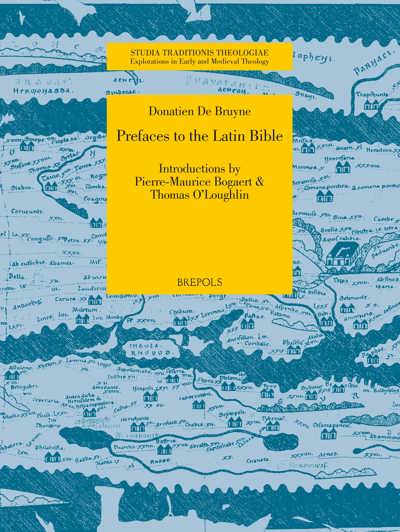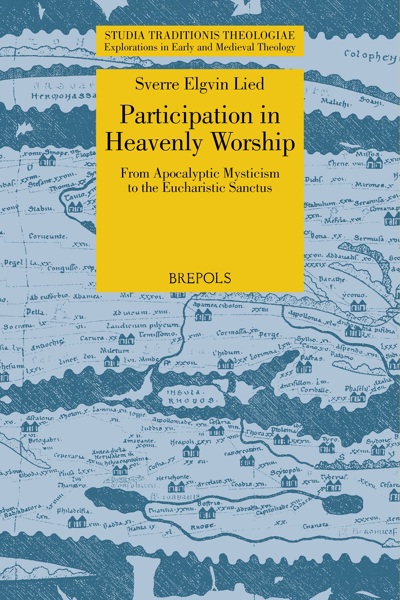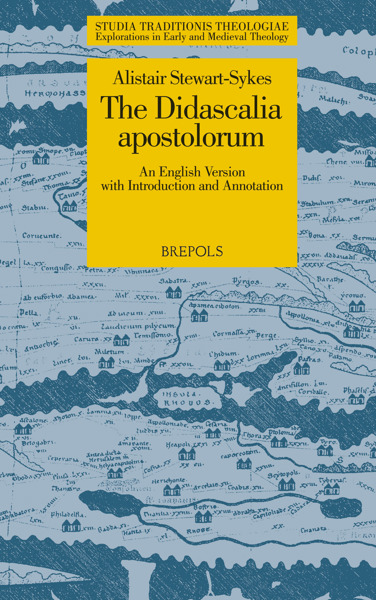
Macrobius
The Disputatio Chori et Praetextati. The Roman Calendar for Beginners
Leofranc Holford-Strevens
- Pages: x + 141 p.
- Size:156 x 234 mm
- Language(s):English, Latin
- Publication Year:2019
- € 50,00 EXCL. VAT RETAIL PRICE
- ISBN: 978-2-503-58423-2
- Paperback
- Available
- € 50,00 EXCL. VAT RETAIL PRICE
- ISBN: 978-2-503-58424-9
- E-book
- Available
A late-antique exposition of the Roman calendar
“Beyond such exemplary work on H.-S.’s part, congratulations are also due to Brepols for the book’s design and layout, which allow even the crowded apparatus to remain legible, and the high standard of accuracy that is maintained throughout. From beginning to end, the book is in every way a splendid achievement.” (Robert A. Kaster, in Peritia Journal of the Medieval Academy of Ireland, 30, 2019, p. 290)
Leofranc Holford-Strevens, a classical scholar who until retirement in 2011 was Consultant Scholar-Editor at Oxford University Press, is the author of Aulus Gellius: An Antonine Scholar and his Achievement (Oxford, 2003) and co-editor with Amiel Vardi of The Worlds of Aulus Gellius (Oxford, 2004). His long-standing interest in calendars is manifested in The Oxford Companion to the Year (with Bonnie J. Blackburn, 1999) and The History of Time: A Very Brief Introduction (Oxford, 2005).
The first book of Macrobius' Saturnalia, written probably in the 430s AD, includes a historical exposition of the Roman calendar with a dramatic date some fifty years earlier, set in the mouth of the learned senator Vettius Agorius Praetextatus, followed by more technical detail at the request of an Egyptian named Horus, who as a foreigner is allowed to seek elementary information for which no one brought up in Roman culture would need to ask.
This text was excerpted in early medieval Ireland, with some but by no means all its pagan matter excised, to provide an introduction for those who at best understood the rules of this recent import but not the rationale for them; it is quoted by Bede as Disputatio Chori et Praetextati, Chorus being a corrupted form of Horus.
The excerpt took on a textual life of its own, which the present edition, the first devoted to the Disputatio rather than Macrobius, seeks to clarify; it examines the manuscripts and the relations between them, presents a critical edition with apparatus criticus and translation, and attaches a full-scale commentary concerned above all with the information provided in the text.




